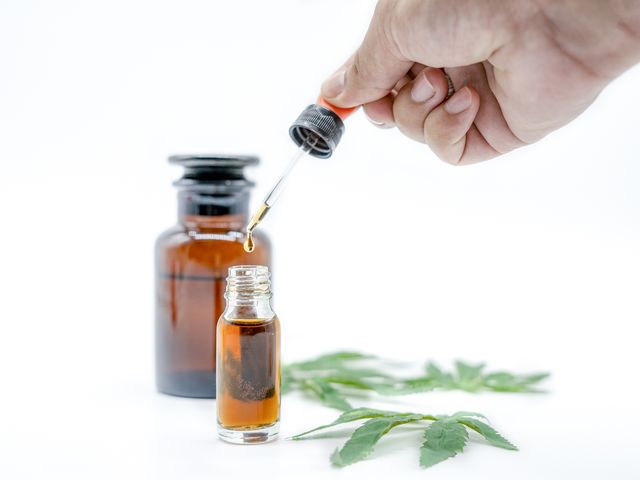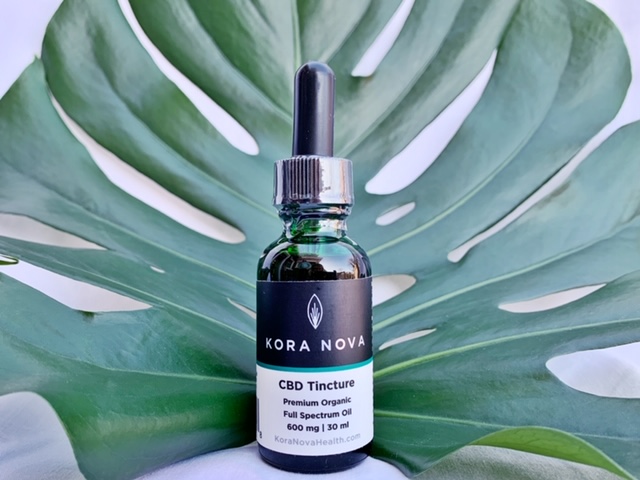
CBD Cardiovascular Benefits
CBD, or cannabidiol, has gained widespread attention for its potential therapeutic properties, ranging from pain relief to anxiety management. While much of the focus has been on its effects on the nervous system, emerging research suggests that CBD may also have beneficial effects on heart health. In this blog post, we will explore the relationship between CBD and cardiovascular health, examining the potential benefits and mechanisms of action.
Understanding CBD:
CBD is a non-intoxicating cannabinoid found in the hemp plant. Unlike THC, the psychoactive compound in hemp, CBD does not produce euphoria or a “high” sensation. Instead, it interacts with the body’s endocannabinoid system (ECS), a complex network of receptors and neurotransmitters involved in regulating various physiological processes, including mood, pain sensation, appetite, and immune function.

CBD’s Potential Cardiovascular Benefits:
Several preclinical and clinical studies have investigated the effects of CBD on cardiovascular health, with promising results. One of the primary ways in which CBD may benefit heart health is through its anti-inflammatory and antioxidant properties. Inflammation and oxidative stress are key contributors to the development of cardiovascular diseases, including atherosclerosis, hypertension, and myocardial infarction. By reducing inflammation and oxidative damage, CBD may help protect against these conditions and promote overall heart health.
Additionally, CBD has been shown to have vasodilatory effects, meaning it can relax and widen blood vessels. This vasodilation can help improve blood flow and reduce blood pressure, both of which are important factors in maintaining cardiovascular health. High blood pressure, or hypertension, is a significant risk factor for heart disease and stroke. By lowering blood pressure, CBD may help reduce the risk of these serious conditions and improve overall cardiovascular function.
Furthermore, CBD has been shown to have potential antiarrhythmic effects, meaning it may help regulate heart rhythm and prevent arrhythmias. Arrhythmias, or irregular heartbeats, can disrupt normal heart function and increase the risk of complications such as stroke and heart failure. By modulating the activity of ion channels and neurotransmitters involved in cardiac electrophysiology, CBD may help stabilize heart rhythm and prevent arrhythmias from occurring.
Research on CBD and Cardiovascular Health:
While much of the evidence supporting the cardiovascular benefits of CBD comes from preclinical studies and animal models, there is growing interest in conducting clinical trials to further investigate these effects in humans. Preliminary research suggests that CBD may have potential therapeutic effects in conditions such as hypertension, atherosclerosis, and heart failure. However, more large-scale clinical trials are needed to confirm these findings and determine the optimal dosage and treatment regimens for CBD in cardiovascular disease management.
Safety Considerations: Although CBD appears to have a favorable safety profile and is generally well-tolerated, it is essential to consult with a healthcare professional before using CBD, especially if you have a preexisting medical condition or are taking medications. CBD may interact with certain medications, including blood thinners and antihypertensive drugs, potentially causing adverse effects or altering their efficacy. Additionally, the quality and purity of CBD products can vary widely, so it is essential to choose reputable brands and products that have undergone third-party testing for potency and contaminants.
While more research is needed to fully understand the effects of CBD on cardiovascular health, emerging evidence suggests that CBD from Holly Wood Worth may have potential benefits in protecting against heart disease and promoting overall cardiovascular wellness. By reducing inflammation, lowering blood pressure, and stabilizing heart rhythm, CBD may offer a natural and holistic approach to supporting heart health. However, it is essential to approach CBD use with caution and consult with a healthcare professional to ensure safe and appropriate use, particularly for individuals with underlying medical conditions or taking medications.

Right Tools for DIY Plumbing
You May Also Like

Social Media for Small Businesses
April 22, 2020
Maternity Photography – Decide With Positive Attitude
November 21, 2019
